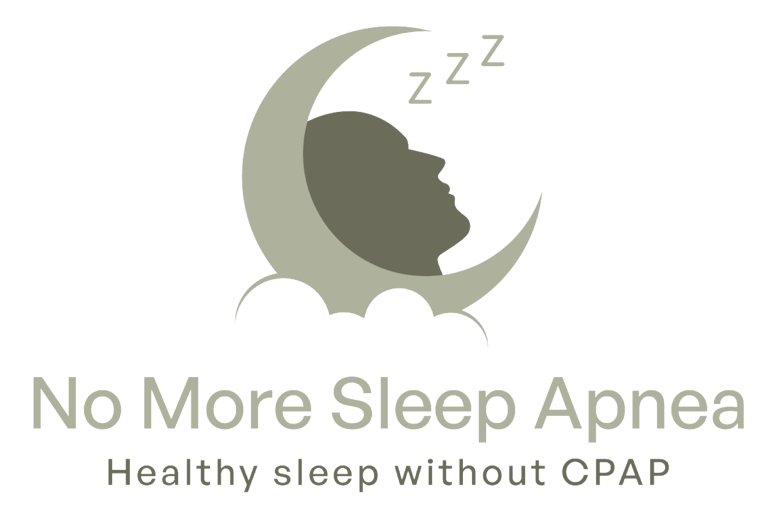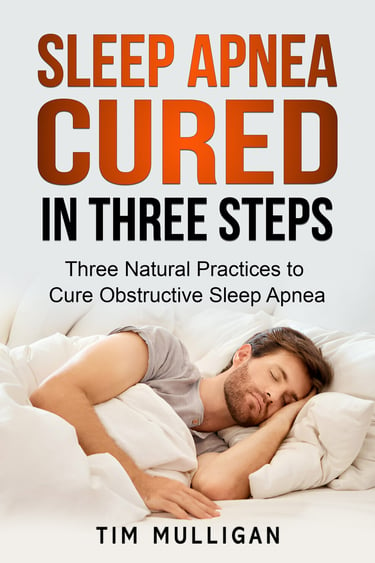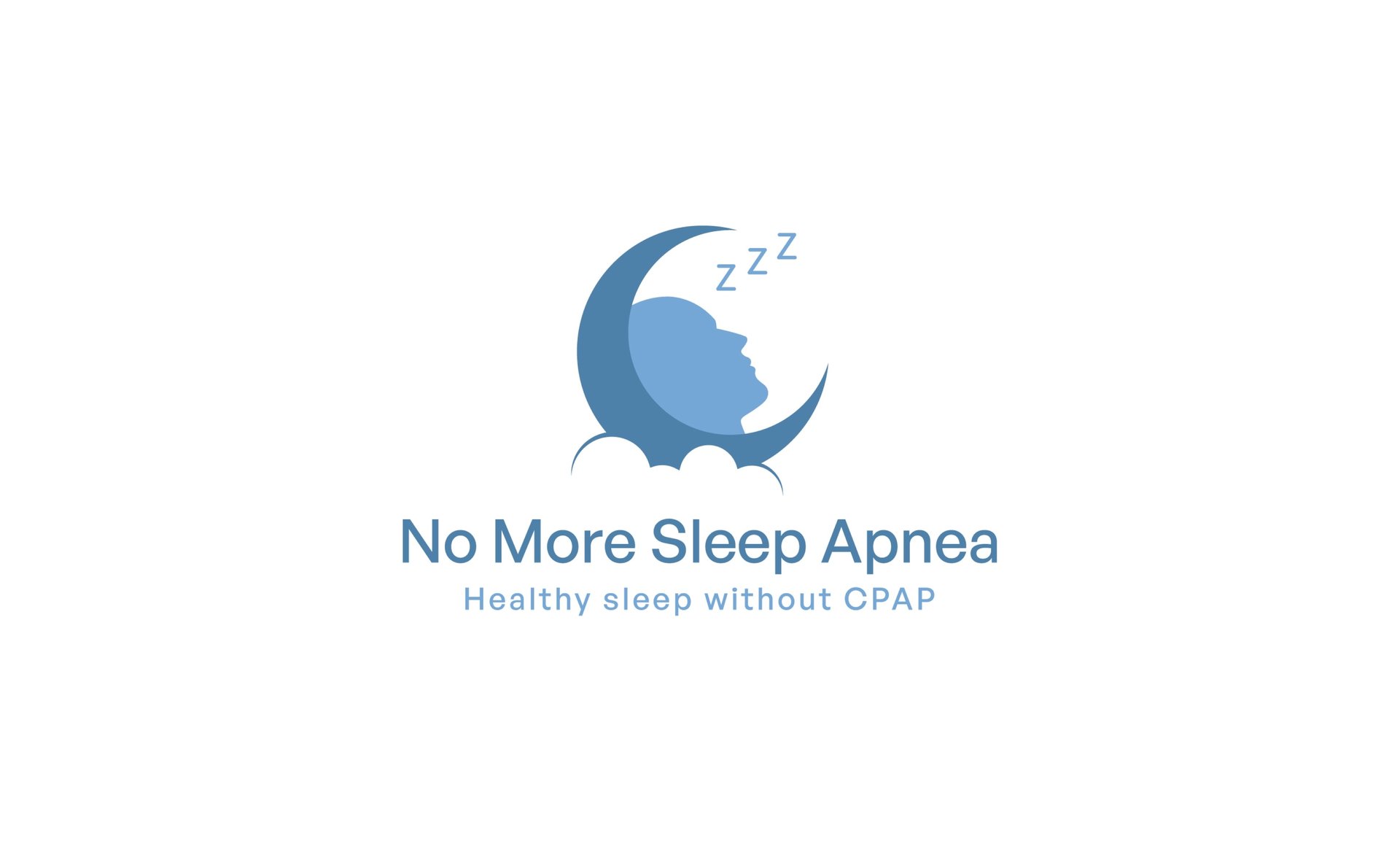Mouth, throat, tongue, and facial exercises (oropharyngeal exercises) help with sleep apnea
Attacking Poor Oral Muscle Tone
We know that oropharyngeal muscles sag and become untoned when not stressed, or pushed beyond their normal usage boundaries, and also from gaining weight. Specifically targeting these muscles with exercises to keep them from sagging and obstructing the airway during sleep will deliver considerable benefits. Focusing on these muscles is one of the lifestyle habits that must be made when attacking OSA symptoms.
Here are two of the twelve oropharyngeal exercises that help OSA patients breathe without a CPAP:
1 – Uvula Lift – Soft Palate Exercise
Open your mouth and stick your tongue out, raising your uvula (the dangling piece of flesh in the back of your throat) and soft palate as far as possible, then release it. (An easy way to perform this exercise is to simulate a yawn while sticking out your tongue.)
Watching the uvula in the mirror while you do this exercise may not look very attractive, but will help with this exercise. It’s important to continue lifting and releasing your uvula repeatedly.
Keep the tongue as low in the mouth as possible throughout the exercise. This will be rather challenging initially, so be ready to work at it.
Remember: You will not know when the uvula is lifted unless you can see it in a mirror. Once you can recognize how it feels when your uvula is raised, you can proceed without a mirror.
Why This Helps: This strengthens the soft palate and throat muscles, firming up areas that sag and block airflow. I believe humans yawn when they are tired, to exercise— even though briefly—the uvula in an attempt to get the person to fall asleep. Look in the mirror while yawning and see that the uvula is raised.
2 – Cheeks In – Soft Palate Exercise
Suck in both cheeks until they meet or almost meet in the middle of the mouth. Hold for approximately five seconds, then release. Release and repeat ten times.
Remember: Bring the cheeks in as far as they can go, then release. Then drop the jaw while sucking in the cheeks, as this will exercise the soft palate as well.
Why This Helps: This strengthens the facial cheek muscles, called buccinators, and exercises the soft palate muscles. The buccinators help with chewing and pulling the corners of the mouth back.
If these exercises help, consider purchasing my book which contains all 12 mouth, throat, tongue, and facial exercises, weight loss ideas, and cardiovascular and physical exercises that will help alleviate your sleep apnea symptoms.


